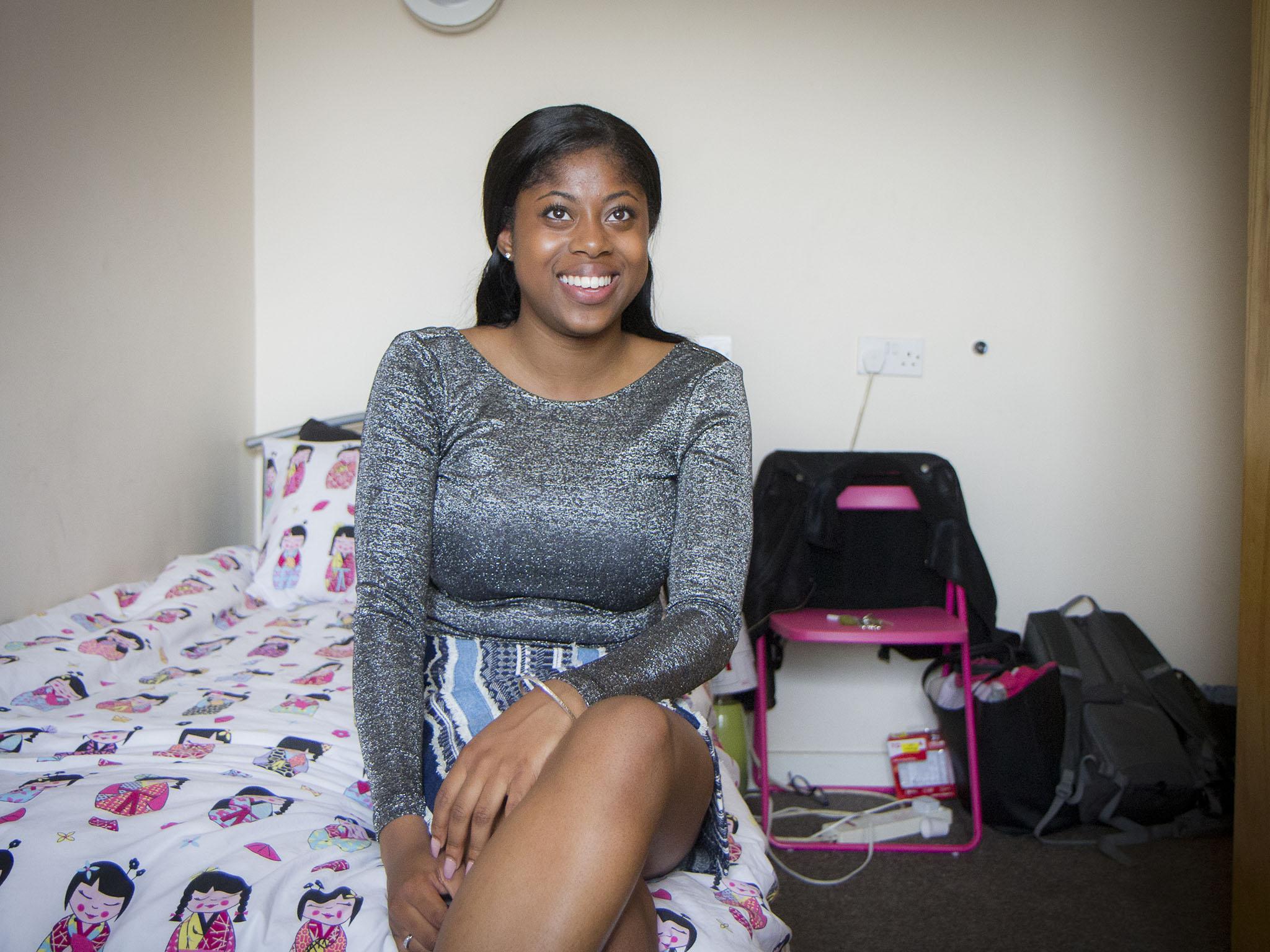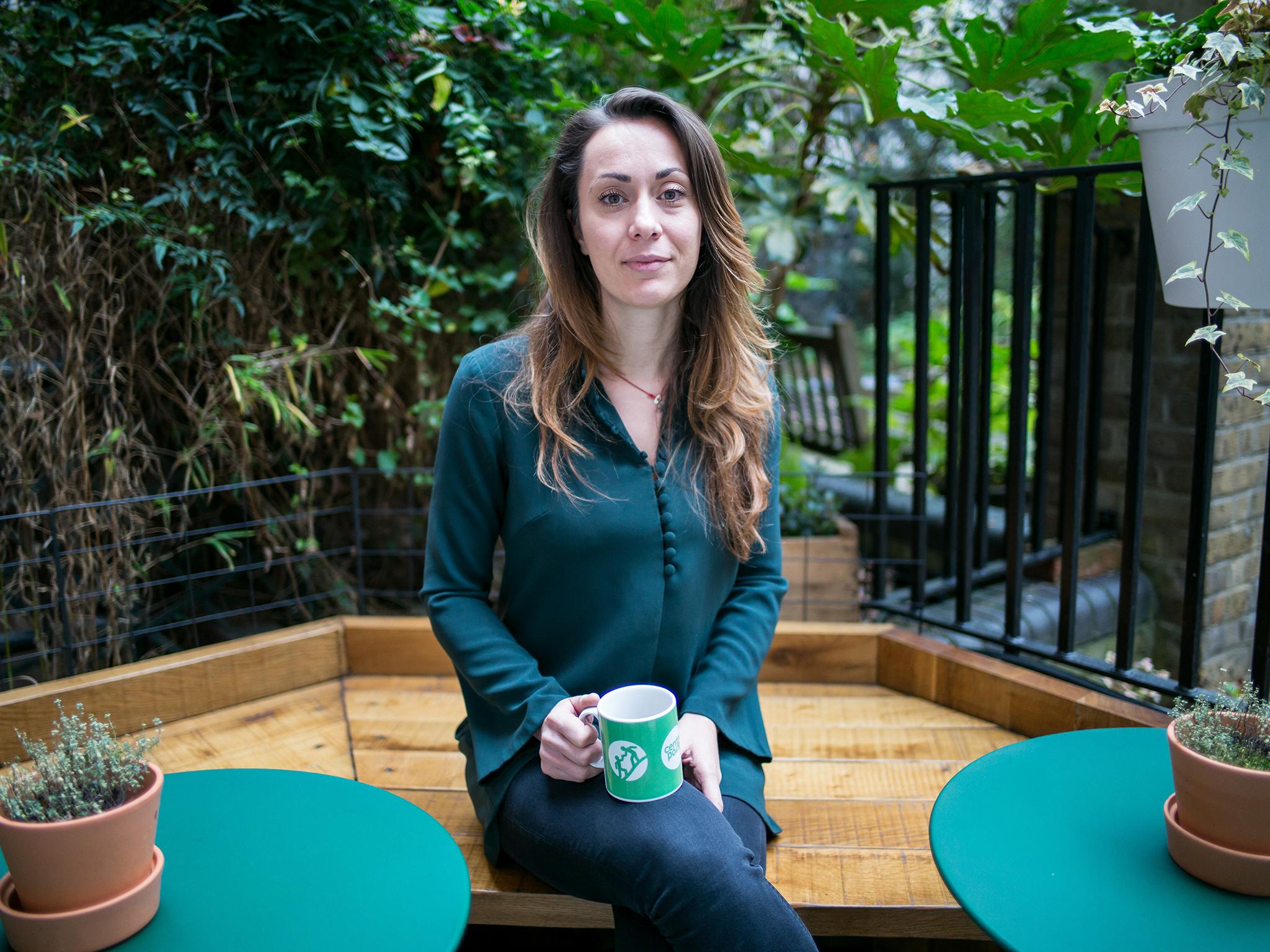'When I was 14, I had to fend for myself and my 11-year-old brother'
Brookemorgan Henry-Rennie's story shows how youth homelessness is often about family breakdown, not drug addiction or self-neglect

Your support helps us to tell the story
From reproductive rights to climate change to Big Tech, The Independent is on the ground when the story is developing. Whether it's investigating the financials of Elon Musk's pro-Trump PAC or producing our latest documentary, 'The A Word', which shines a light on the American women fighting for reproductive rights, we know how important it is to parse out the facts from the messaging.
At such a critical moment in US history, we need reporters on the ground. Your donation allows us to keep sending journalists to speak to both sides of the story.
The Independent is trusted by Americans across the entire political spectrum. And unlike many other quality news outlets, we choose not to lock Americans out of our reporting and analysis with paywalls. We believe quality journalism should be available to everyone, paid for by those who can afford it.
Your support makes all the difference.Homelessness, so the old, mistaken assumption goes, is all about addiction, abuse or someone’s own self neglect.
Brookemorgan Henry-Rennie, 18, knows to her cost just how different the reality can be.
“When mum had depression,” she explains, “it was like living with a dead person – she didn’t eat, talk or get out of bed.
“I was too young to understand. I just wanted her to snap out of it and when she didn’t, I was very resentful.
“We stopped talking, our relationship broke down completely. Eventually she asked me to leave.”
Brookemorgan is now a resident at a south London hostel run by Centrepoint, the youth homelessness charity.
When her mum developed depression, their relationship disintegrated to the extent that she was no longer able to live at her home in Camberwell.
After flitting between family members’ houses, she contacted her local authority and was registered as being one of the thousands of young homeless people in the UK.
Her story is not unusual, because the reality is that, as Centrepoint has found, family relationship breakdown is the cause of the plight of six out of every 10 homeless young people.
“Family breakdown is definitely one of the most common causes of homelessness in the people we see,” said Stamatia Lorentzou, a senior psychotherapist at Centrepoint. “It could be an oppressive family environment – either for cultural or religious beliefs – or that the parents have a certain view of how their child should be.
“Maybe the parents suffer from mental health problems. There could be conflict for many different reasons.”
Brookemorgan was just 14 when she had to look after herself and her 11-year-old brother because her mum was unable to do so.
“I cooked, cleaned and paid the bills,” she says. “I didn’t realise what depression was and I just thought ‘Oh she is sad and she will be okay in bit. And in the mean time I will look after everything.’
“I did not ever think to speak about it at the time or ask for help.
“Instead I came home late and stayed out. I was disrespectful and in the end we stopped talking to each other.”
Mother and daughter’s relationship broke down and, aged 16, Brookemorgan moved out to live with her grandmother.
But she was beginning to show signs of depression herself and, when her grandmother asked her to leave a year later, she decided she could not go back to live with her mum.
“I was in a dark place. I did not want to be around anyone,” she says.
“I was resentful towards Mum because I thought ‘when I needed you most you weren't there for me’.
“When I came to Centrepoint I had depression; I was very angry and closed off from everyone.”

Ms Lorentzou, who has worked at the charity since 2007, believes many assume that this kind of relationship breakdown is caused by young people being “stroppy teenagers”.
Instead, she says, “sometimes family breaks need to happen in order to prevent harm to the young person.
“It is assumed that they are rebellious and that is why they leave. But it is not because they are difficult or want to go partying every night. It is much more serious.”
Brookemorgan agrees. She says: “I think at the time my behaviour was perceived as just being typical of my age.
“But it is not. Sometimes mental health problems, like anxiety, can come across as teenage problems.
“And young people are not educated properly on mental health so they don’t know how to get help.”
Ms Lorentzou believes that experiences like Brookemorgan’s could be prevented by providing more education and support for both parents and children about handling relationship challenges.
“If a young person is struggling with their parents and feels they want to leave, they should be able to reach out and be linked up with support services - they are there, they just need to know how to find them.”
And with the new Centrepoint Young and Homeless Helpline, backed by The Independent's Christmas Appeal, young people facing homelessness will, for the first time, have a free phone number they can call for advice.
For the Young and Homeless Helpline, Centrepoint is also teaming up with youth advice charity The Mix, which offers support on issues ranging from mental health to sex and relationships.
Now Brookemorgan has a good relationship with her mother, who tells The Independent that “professional support” helped her to “rebuild myself so I could be provide the support which children needed”.
“Individually we sourced help,” she says. “This has enabled us to regain our once very tight relationship.”
Brookemorgan she says she cannot imagine the same outcome if it was not for the support of Centrepoint.
“I honestly don’t know what I would have done. I think I would have ended up in a sleeping bag on the streets.”